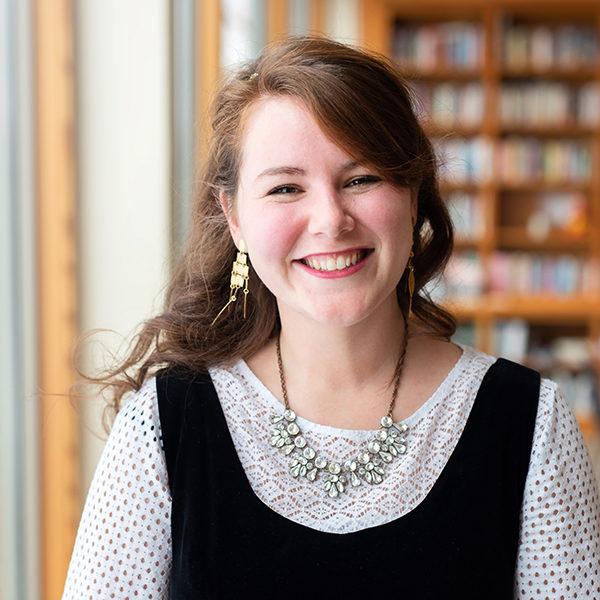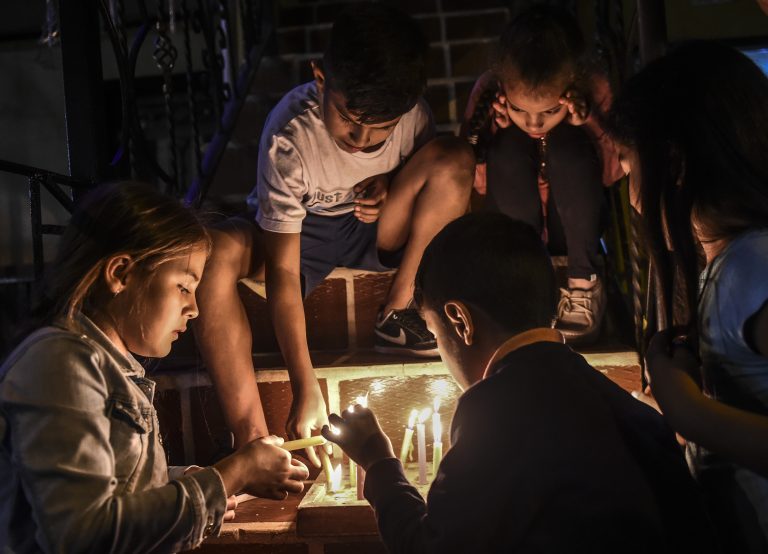The First Survivor: A Retelling of the Noah Story
The biblical narrative of Noah is sparse, occupying only a few pages in the book of Genesis. Yet, it is one of the most perplexing and unexplained chapters of biblical history.
It is a world destroyed because of a people descended into irredeemable violence. The violence that began with Cain and Abel has so consumed the Earth that God chooses to destroy his creation rather than repair it.
This is the origin of the world we live in, not the symbiotic story of the seven-day creation but a world built from the ashes of another world. A world and a people destroyed, except for Noah.
Many have attempted to convey the drama of the journey, the psychology of the man who, with little explanation, “found favor in the eyes of the Lord.” In the film Noah, Darren Aronofsky imagines him, somewhat controversially, as a crusader against the perils of environmental destruction. Talmudic scholar Avivah Zornberg wonders about the life of Noah aboard the boat:
“[The] Zohar imagines very beautifully that Noah spends his whole time, morning and night, day and night, feeding the animals. That’s an expression of his desire to preserve the world.”
But few have wondered what happened after. What became of the man who lived in the space between two worlds: the first survivor of a vanished earth and the first descendant of the new one.
That is why Elie Wiesel’s poetic midrash of Noah in Sages and Dreamers is so harrowing. This is neither the story of the Noah who counted pairs of species, nor the Noah who journeyed bravely across the unknown. This is Noah the survivor:
“Imagine what he must have felt as he walked ashore and discovered the empty, devastated land. He must have looked for familiar ground, vantage points, cities of light and life, dwelling places and their sounds. He knew that they had vanished, still he went on looking for them.
Then he was confronted by a choice: anger or gratitude. He chose gratitude. He offered thanks to heaven… As a survivor, the first, he chose gratitude rather than bitterness: the special gratitude of the survivor. He or she knows that every moment means grace, for he or she could have been in another’s place, another who is gone.”
“During the catastrophe, Noah was a protagonist; now he has become a witness. And now, more than before, I feel sorry for him. Was he in fact a Just Man? He was a human being, who having gone to the end of night, knew he was condemned to be free: having reached the limits of despair, he felt himself duty-bound to justify hope. I imagine him under his tent, telling his children and grandchildren stories of his own youth when he was only a hundred years old…He speaks of the past in order to shape the future. ‘Tzaddik bedorotav,’ a Just Man of his generations.”
When we retell the story of Noah we don’t feel the anguish of a world destroyed. We don’t imagine the faces of the people left behind and what is to become of them. We don’t feel the anguish of the survivor. “The human story will start all over with Noah,” writes Mr. Wiesel, “your ancestor and mine. No one ever had his possibilities, his power, his triumph; no one ever felt such anguish.”


Share your reflection